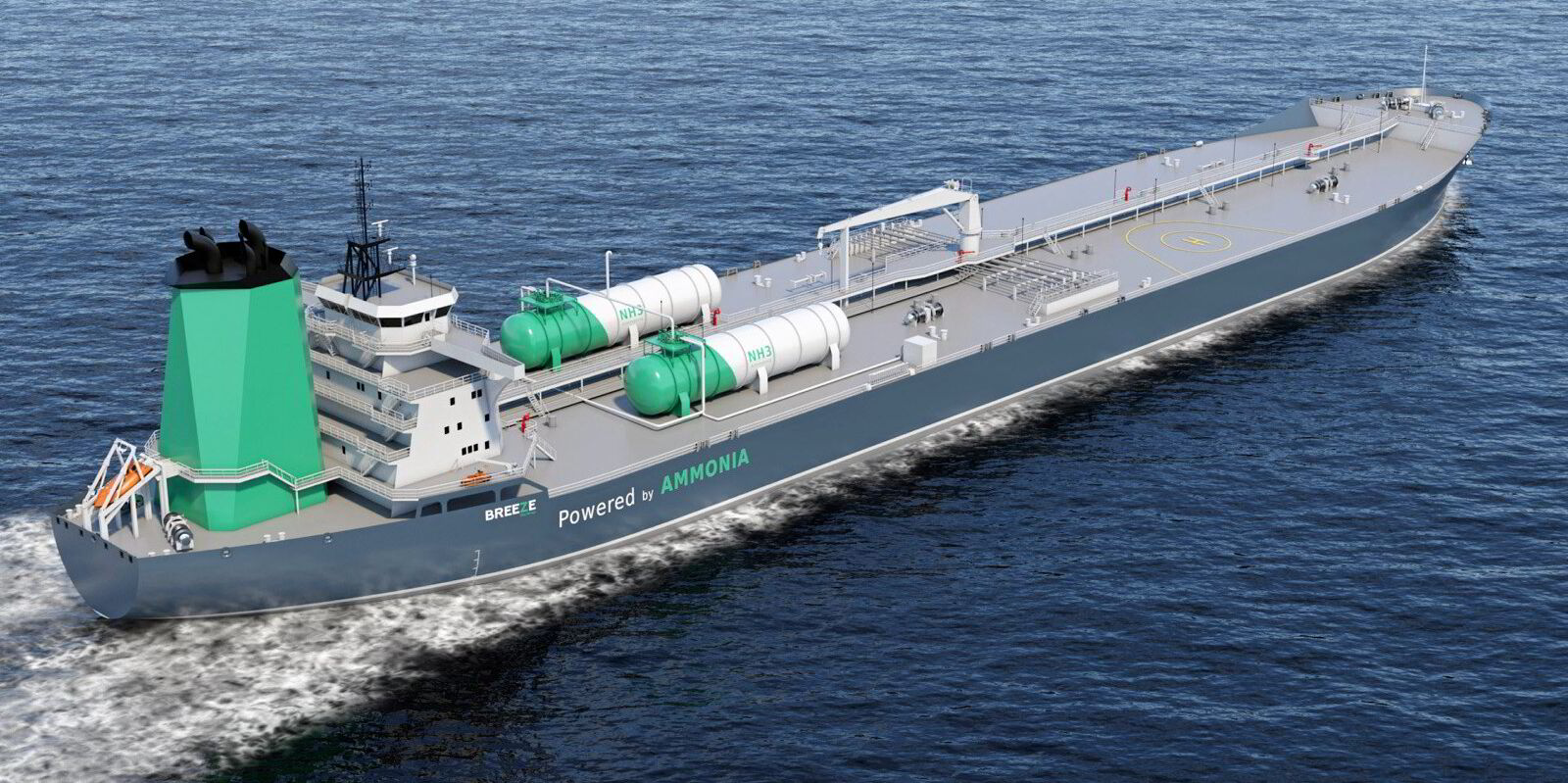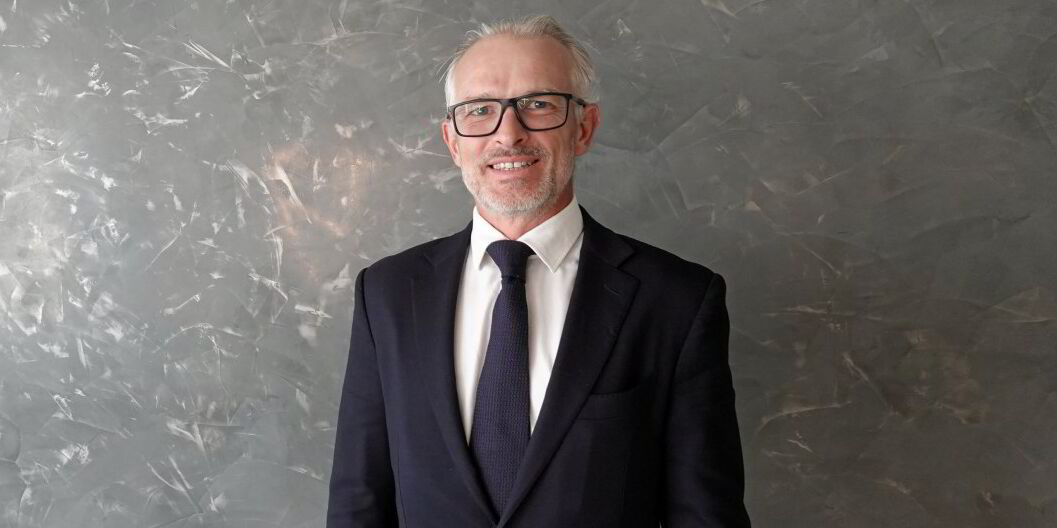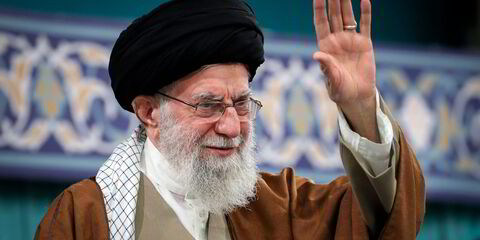Copenhagen Infrastructure Partners has teamed up with two shipowners and is in talks with more to develop ammonia carriers ranging from handysize vessels to the largest class of the ships.
CIP, a Danish fund manager, is partnering Faerder Tankers and BW Epic Kosan as part of a plan to develop end-to-end solutions to deliver clean ammonia as a fuel to shipping companies, an effort that includes a network of production projects around the world.
Niels Lindegaard, CIP’s senior business adviser, said teaming up with the two shipowners is key to its goal of leading in the clean ammonia market and facilitating green transportation through use of the fuel.
“The dialogue with leading companies has given us valuable industry insights and the ability to develop safe and robust end-to-end bunkering solutions as well as first-hand knowledge about critical developments and maturity of solutions,” he said.
CIP’s Energy Transition Fund signed a memorandum of understanding with Faerder, a Norwegian shipowner, to develop a 50,000-cbm midsize gas carrier (MGC) that will be able to carry ammonia as a cargo and use it as a fuel.
The newbuilding will also have high manoeuvrability and ship-to-ship bunkering capabilities to deliver ammonia to other vessels as a fuel.
Delivery of the first vessel is planned for the second half of 2028.
Faerder Tankers chief executive Paal Stenberg, whose company is focused on developing ammonia-powered ships, described the team-up as a “monumental step” towards the two partners’ vision of sustainable transportation.
“These innovative vessels represent a breakthrough in design and functionality, combining state-of-the-art, dual-fuel ammonia engines, superior manoeuvrability and unparalleled bunkering capabilities — all within the trusted framework of today’s MGCs,” he said.
“This collaboration exemplifies our commitment to delivering green transportation solutions while setting new standards for safety, efficiency and operational excellence.”
CIP formed another strategic partnership with BW Epic Kosan, an LPG carrier owner controlled by Singapore’s sprawling BW Group.
Their MoU envisages the development of handysize ammonia carriers with dual-fuel engines that can operate on ammonia and conventional fuels.
BW Epic Kosan will time-charter the vessels, ranging in size from 9,000 cbm to 35,000 cbm, to the Energy Transition Fund.
CIP said it is also in advanced discussions with major shipping companies to develop very large ammonia carriers to serve Energy Transition Fund’s large-scale projects.
It has hired Ifchor Galbraiths as its broker in the effort.
“These initiatives highlight ETF’s dedication to delivering comprehensive, end-to-end solutions for ammonia-fuelled tankers, promoting the green transportation of clean ammonia,” the firm said.
“ETF is committed to finding energy-efficient and safe solutions for large-scale deep-sea ammonia transportation, meeting the growing demand for dual-fuel ammonia VLACs to deliver clean ammonia to offtakers at low costs.”(Copyright)





